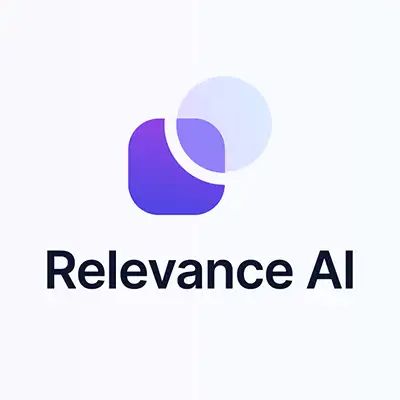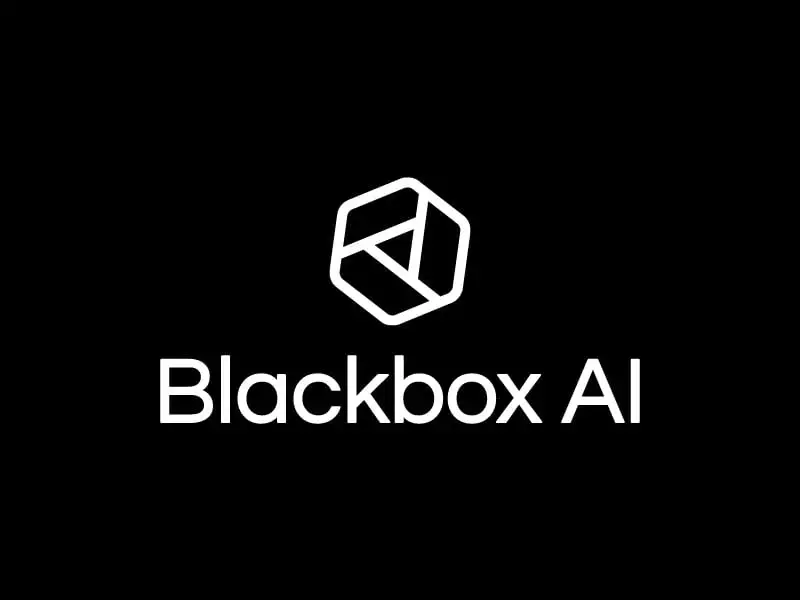MindPal review: building AI agents with context, memory, and personality
MindPal is a next-generation AI agent builder focused on turning large language models into long-term, intelligent collaborators. Designed for individuals and teams who want more than just chatbots, MindPal emphasizes memory, contextual awareness, and agent personality. Its vision is simple yet ambitious: to give users an AI partner that understands them over time, recalls past conversations, and adapts to complex tasks in a variety of settings.
Unlike traditional bot builders that rely on rigid workflows or one-time interactions, MindPal is built around the idea of continuous collaboration. This makes it especially compelling for professionals, researchers, teams, and even casual users who want a smarter, more human-like assistant capable of supporting daily work, project tracking, and creative brainstorming.
User experience and onboarding
MindPal offers one of the most seamless onboarding flows in the AI builder space. Users start by defining the role or identity of their AI agent—whether it’s a project manager, copywriting assistant, legal advisor, or coding expert. From there, they can train the agent using prompts, documents, or past chat history. The platform’s UI is modern and intuitive, allowing users to shape the agent’s responses, tone, and preferred knowledge sources without needing to code.
The standout feature in the onboarding process is the memory editor. Here, users can define what their agent remembers, what it forgets, and how it should handle recurring users or topics. This gives the AI a sense of continuity across sessions, a critical factor for users who want their agent to feel more like a collaborator than a chatbot.
AI capabilities and adaptability
MindPal is powered by advanced language models, offering rich conversational ability, high contextual awareness, and the capacity for multi-turn interactions that evolve over time. The platform doesn’t just respond to queries—it learns patterns, adapts behavior, and refines output based on past interactions. Agents can be taught domain-specific terminology and can retain information such as project goals, writing preferences, or communication styles.
The memory function transforms how users interact with AI. Instead of starting from scratch each time, users can build an ongoing relationship with their agent. Whether you’re using MindPal to draft marketing content, summarize research, manage a content calendar, or plan a product roadmap, the agent begins to understand your objectives and anticipate your needs.
Customization and control
MindPal places strong emphasis on user-defined customization. Users can guide the agent’s personality, tone, and style through a combination of system instructions and natural dialogue. Agents can be formal, casual, humorous, or highly task-focused, depending on the intended use case.
In addition to tone and style, users can integrate their own datasets, notes, and workflows into the agent’s brain. These inputs are indexed and connected to the agent’s long-term memory, meaning that references to past tasks, conversations, or even preferred writing structures become part of the interaction flow. For example, if an agent helps you write blog posts every week, it will remember your preferred format, audience tone, and performance metrics from previous weeks.
Workspace and collaboration tools
MindPal is more than just an individual assistant—it also functions as a collaborative workspace. Teams can create shared agents trained on joint projects or knowledge bases. This makes it especially useful for agencies, product teams, or distributed teams that rely on consistent documentation, project tracking, or knowledge sharing.
Agents can be deployed in both internal tools and public-facing formats. Whether integrated into a company knowledge base, embedded into a product support interface, or used within a team’s Notion workspace, MindPal offers flexible deployment options. The platform supports real-time collaboration, with multi-user access and conversation history tracking for accountability and transparency.
Data handling and privacy
MindPal takes privacy and control seriously. Users retain ownership of their data, and memory functions can be turned off or fine-tuned at any time. The platform also allows you to manage what an agent can access or reference, offering role-based access control and memory pruning features to prevent sensitive data from being recalled unintentionally.
This makes MindPal particularly attractive for users in regulated industries or those who work with proprietary content. The ability to combine AI flexibility with strong data governance is a rare and valuable feature in the current AI builder market.
Pricing and scalability
MindPal offers a tiered pricing model designed to accommodate both casual users and enterprise teams. The free plan includes basic memory and single-agent usage, while paid tiers unlock advanced memory controls, multi-agent management, team collaboration, and integration capabilities. Considering its sophisticated features, MindPal’s pricing is competitive and justifiable for teams or power users looking to integrate persistent AI into their daily workflow.
Bottom line
MindPal redefines what it means to build an AI assistant by focusing not just on what the agent can do today, but on what it will remember tomorrow. Its unique blend of memory, customization, and collaboration tools makes it more than a chatbot—it becomes a digital partner. For professionals, creators, and teams looking to elevate their productivity with an AI that learns and grows with them, MindPal offers a forward-thinking and user-centric platform that delivers real value over time.













